HIV Treatment
Prioritization of Treatment Initiation
Prioritization of antiretroviral therapy (ART) initiation is outlined in the chart.
Rapid Initiation of ART
Recommendation for rapid initiation of ART:
People with no contraindication to rapid ART initiation should be fully informed of the benefits of ART and offered rapid ART initiation, including the option of same-day initiation7. Rapid ART start is especially important for people with very low CD4 cell count, for whom the risk of death is high7. Although no longer a requirement for ART initiation, baseline CD4 cell count testing should be performed to determine whether the patient has advanced HIV disease7.
Diagnosing Treatment Failure
Monitoring response to ART and diagnosing treatment failure in absence of viral load testing in individuals who are not stable on ART:
Viral load is recommended as the preferred monitoring approach to diagnose and confirm treatment failure.8 If viral load testing is not routinely available, CD4 count and clinical monitoring should be used to diagnose treatment failure, with targeted viral load testing to confirm failure where possible8.
In settings where routine viral load monitoring is available, CD4 cell count monitoring can be stopped in individuals who are stable on ART and virally suppressed8. A patient is considered stable on ART based on the following criteria8:
- on ART for at least one year
- no current illnesses
- good understanding of lifelong adherence
- evidence of treatment success (two consecutive viral load measurements below 1,000 copies/ml)
Identifying Immunological Failure
The role of CD4 in identifying immunological failure:
The 2016 WHO guidelines point out the role of CD4 in the identification of immunological failure for the decision to switch ART regimens9:
- Adults and adolescents: CD4 count at or below 250 cells/µl following clinical failure OR persistent CD4 levels below 100 cells/µl
- Children younger than 5 years: Persistent CD4 levels below 200 cells/µl
- Children older than 5 years: Persistent CD4 levels below 100 cells/µl
Treatment Adherence
The 2016 WHO Guidelines strongly recommend to provide adherence support interventions to people on ART16. The following interventions demonstrated benefit in improving adherence and viral suppression16:
- Peer counselors
- Mobile phone text messages
- Reminder devices
- Cognitive-behavioral skills training/medication adherence training
- Fixed-dose combinations and once-daily regime
Fill the form to download Educational wall poster outlining the new role of CD4 in the WHO Guidelines
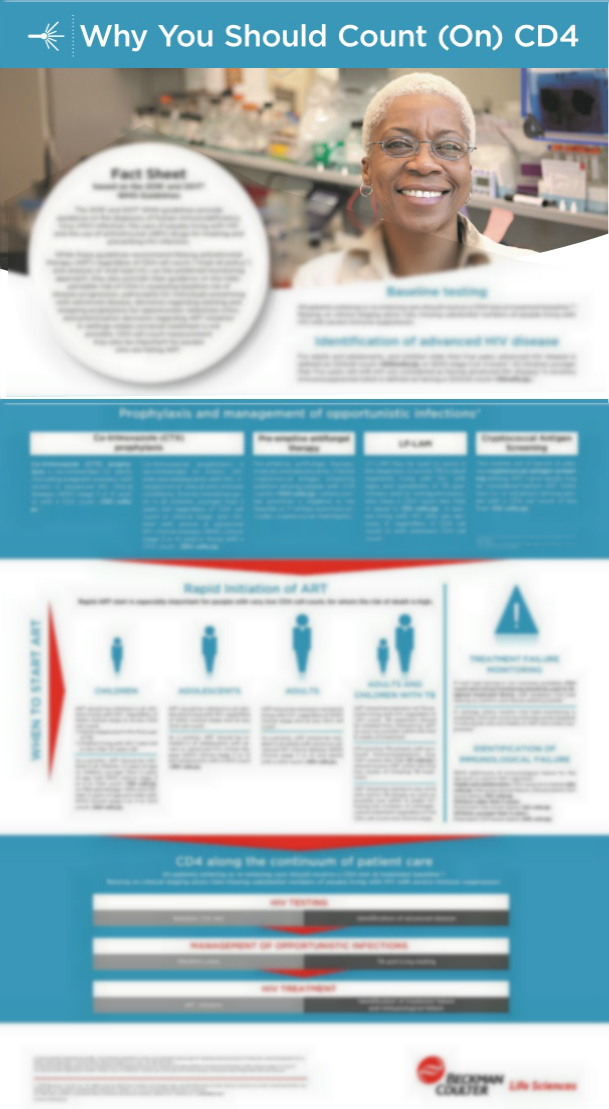
Twelve Steps To CD4 Testing
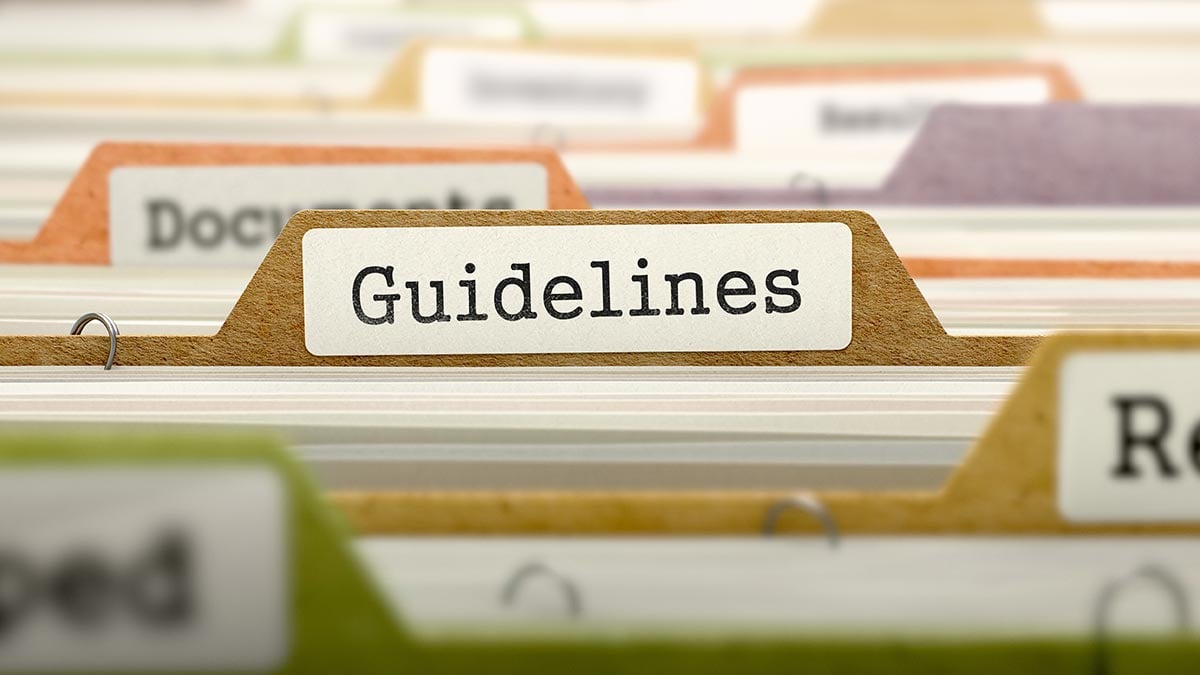
WHO Guidelines CD4 Testing
WHO clarifies the role of CD4 in assessing risk for individuals with advanced disease, for prophylaxis for opportunistic infections, and prioritization of ART initiation.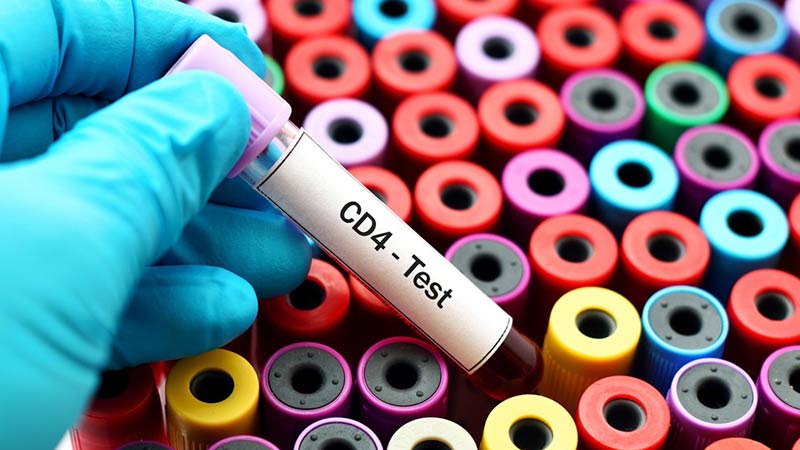
12 Steps to CD4 Testing Part I: HIV Testing
CD4 cell count testing at baseline remains important, because relying on clinical staging alone risks missing people with severe immune suppression.
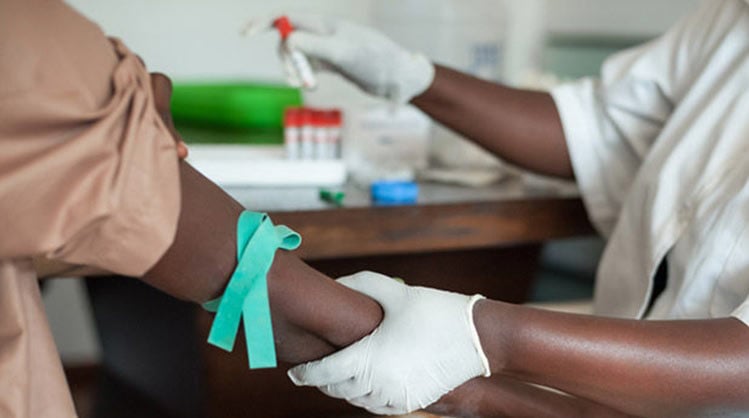
12 Steps to CD4 Testing Part II: HIV Treatment
People with no contraindication should be informed of the benefits of ART and offered rapid ART initiation, including the option of same-day initiation.
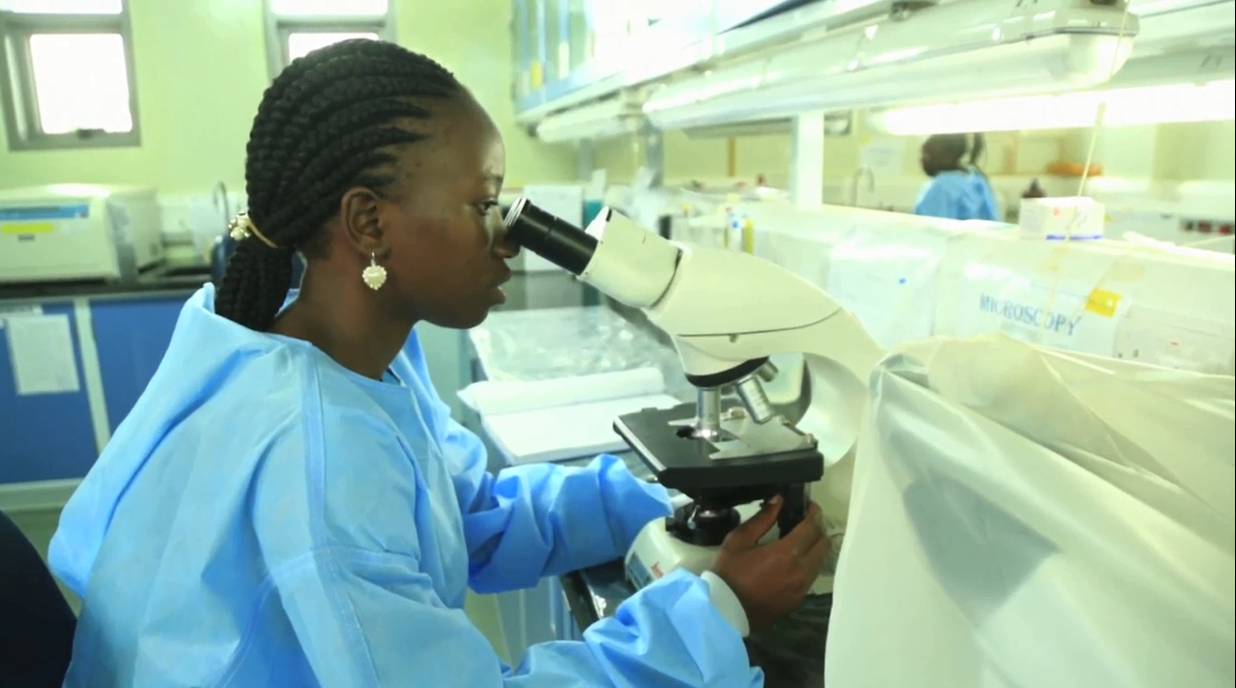
12 Steps to CD4 Testing Part III: HIV & Opportunistic Infections
CD4 count can help to make a decision on starting and stopping of prophylaxis for opportunistic infections and vaccinationReferences:
6. World Health Organization (2016): Consolidated guidelines on the use of antiretroviral drugs for treating and preventing HIV infection; recommendations for a public health approach – 2nd ed., page xxxi.
7. World Health Organization (2017): Guidelines for managing advanced HIV disease and rapid initiation of antiretroviral therapy, page 20.
8. World Health Organization (2016): Consolidated guidelines on the use of antiretroviral drugs for treating and preventing HIV infection; recommendations for a public health approach – 2nd ed., page xxxiv.
9. World Health Organization (2016): Consolidated guidelines on the use of antiretroviral drugs for treating and preventing HIV infection; recommendations for a public health approach – 2nd ed., page 131.1.
16. World Health Organization (2016): Consolidated guidelines on the use of antiretroviral drugs for treating and preventing HIV infection; recommendations for a public health approach – 2nd ed., page xlii.

